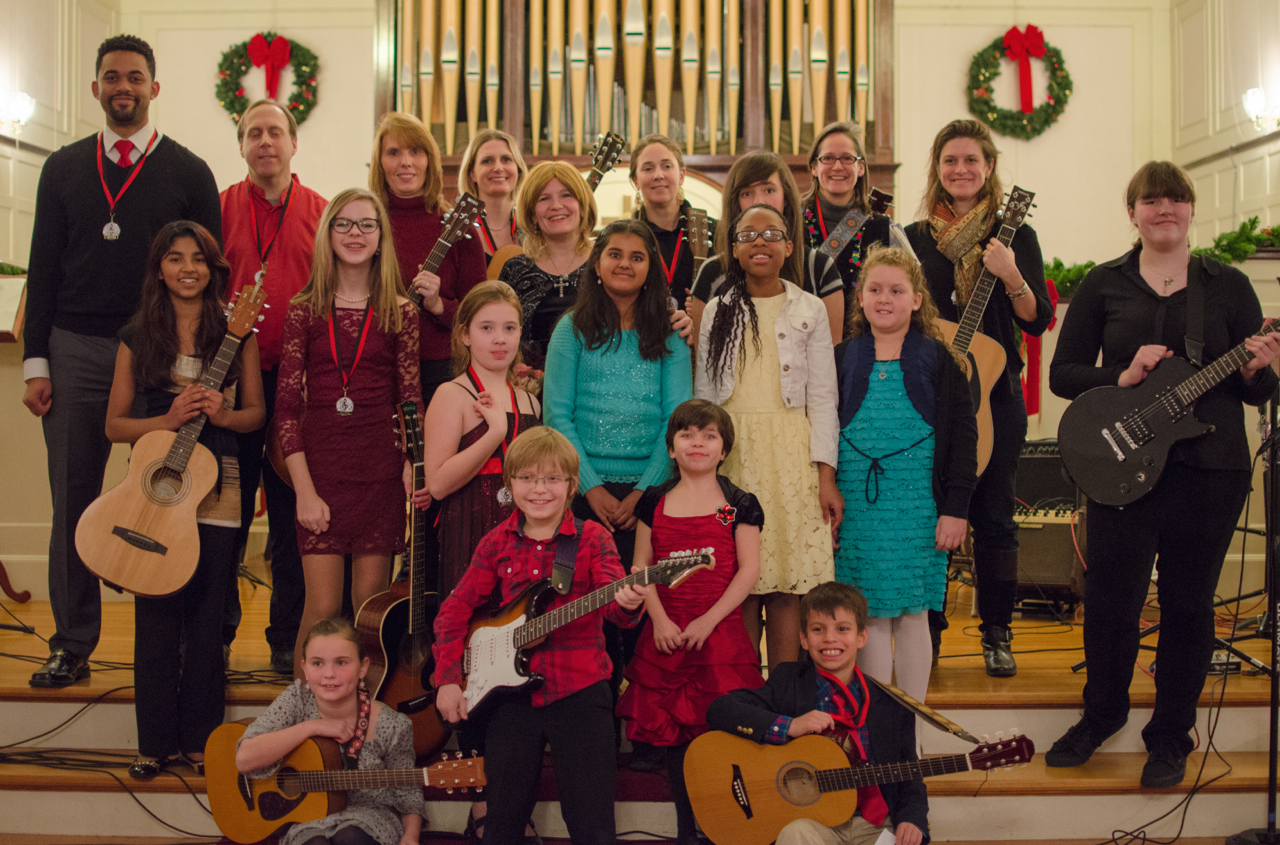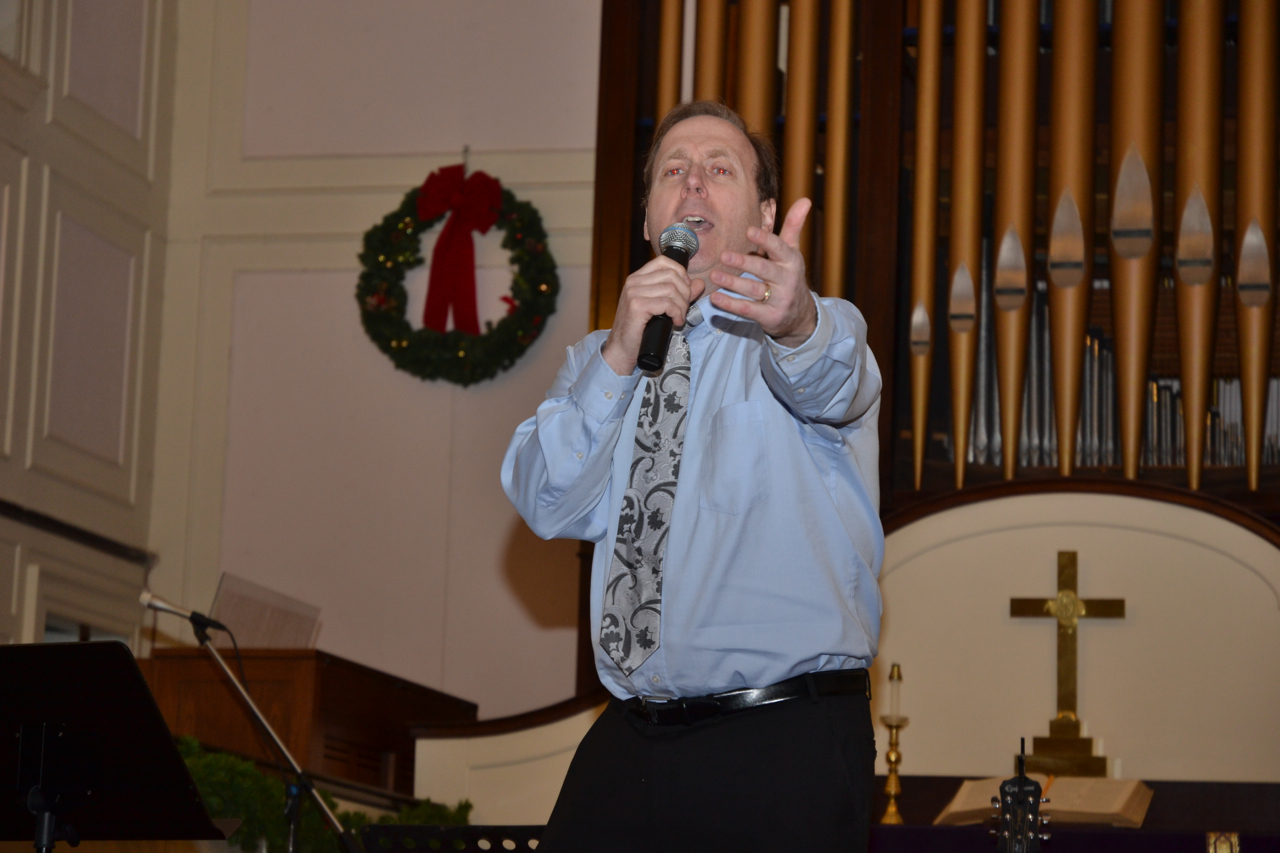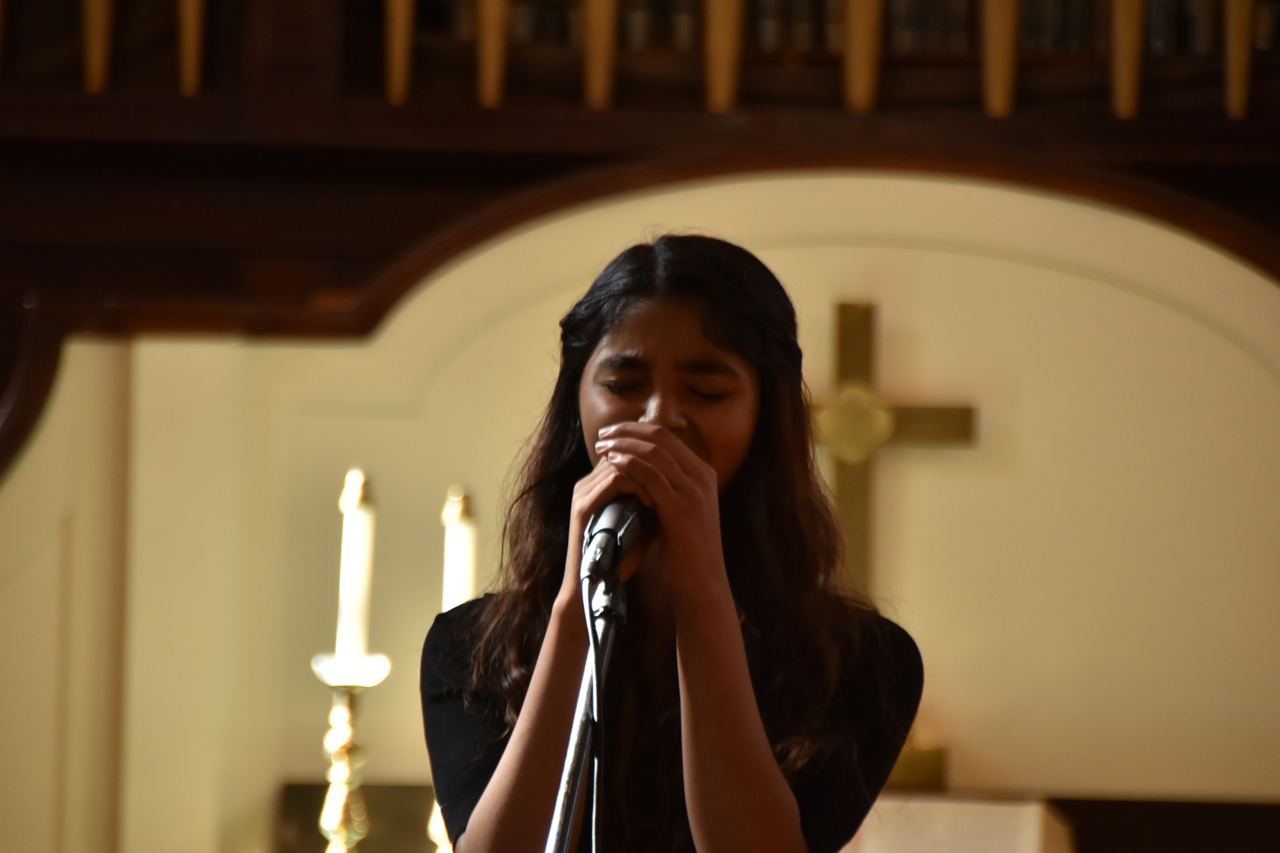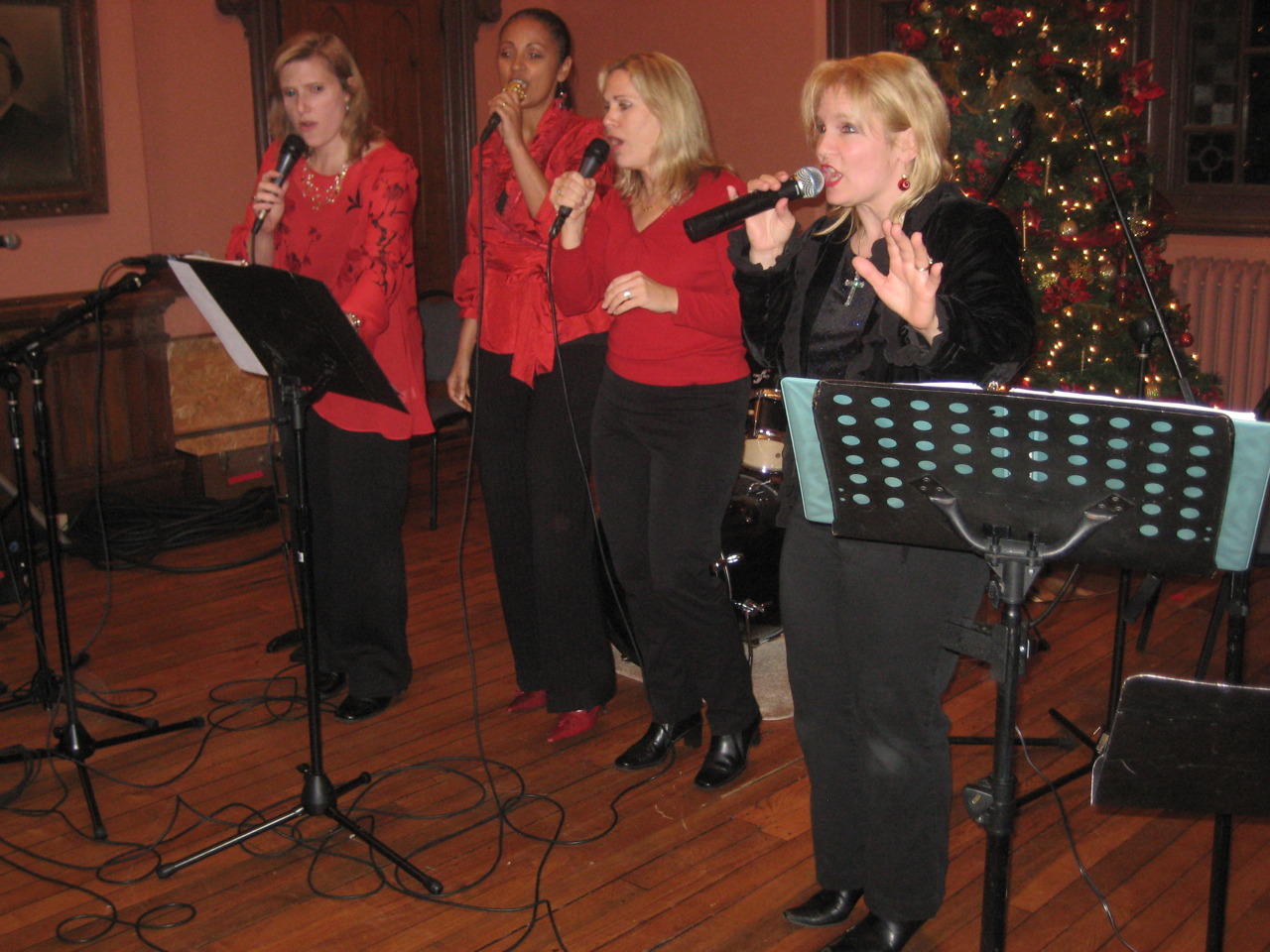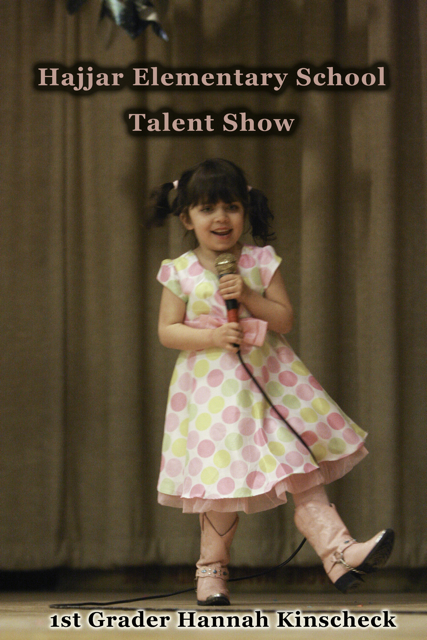Singing, over all other forms of musical expression, is the most intimate. Now the instrument is within us. Everything we do is affected by our physical and spiritual health. I tailor my work with each student to his or her specific needs. What vocal exercises will help them overcome their specific problems or will promote the most growth in needed areas? What knowledge do they need to prevent vocal damage and promote optimum vocal health? What encouragement do they need to overcome the stops to their progress? Do they just need me to listen? What song will help them to break through their insecurities and shine?
Over 15 years ago I landed in vocal surgery because of bad choices I made as a professional vocalist. Vocal health is more than technique, it also involve lifestyle choices, like how much water you drink or sleep you get for example. I make sure all my students are given the information I missed along the way so they may avoid any similar trauma!
Finally, since our voice is within us, reactions to our singing can feel extremely personal. Life as a musician can involve a lot of rejection. It is important for me to encourage each student to be their best while feeling good about themselves, having a sober estimate of their skills and maintaining optimism for future growth. Singing is a gift and should bring the singer joy. I help my students to feel safe to try things, grow and discover their gifts. There is nothing better for me as a teacher than to watch a student get excited about their progress and to know I had a role in their success!

